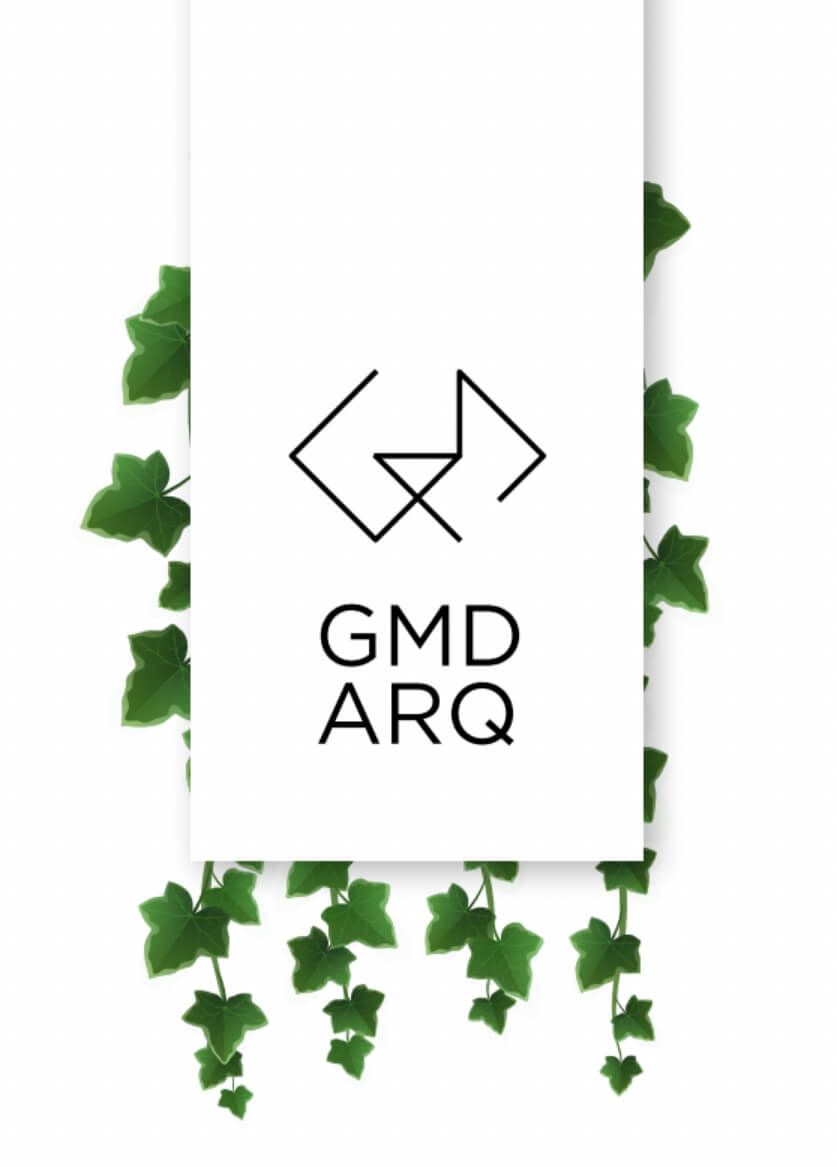The Future of Architecture in Ecuador: Trends in Digital Design Services
Introduction to Digital Design in Ecuador
The architectural landscape in Ecuador is undergoing a remarkable transformation, driven by the rapid adoption of digital design services. As technology continues to evolve, architects in Ecuador are embracing innovative tools and techniques to create structures that are not only aesthetically pleasing but also sustainable and efficient. This shift is redefining how buildings are conceived, designed, and constructed in the country.
Digital design services allow architects to visualize and manipulate design elements with unprecedented precision. These technologies streamline the design process, enabling professionals to explore more creative possibilities while reducing time and costs. As a result, the demand for these services is growing among clients seeking cutting-edge solutions for their architectural projects.
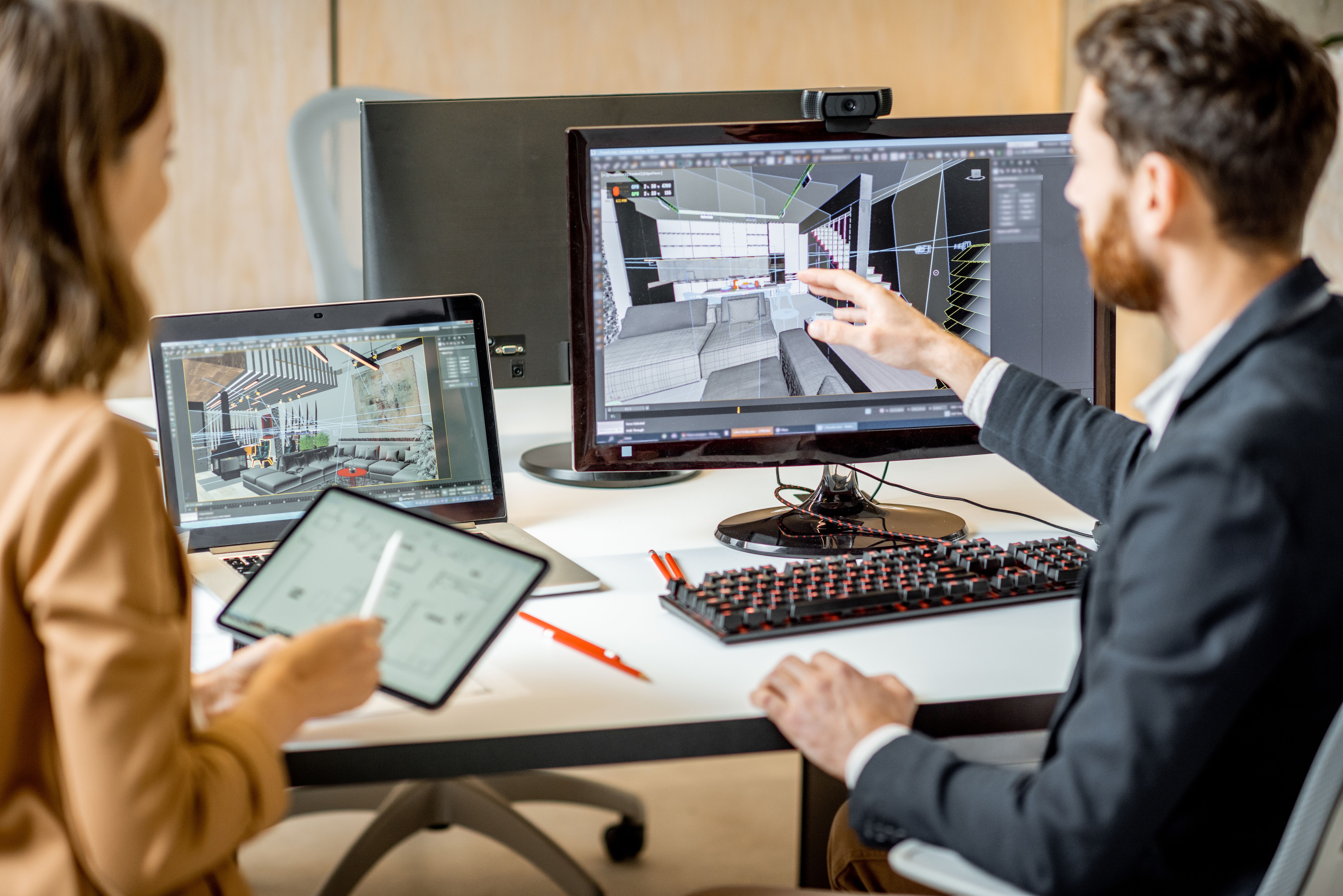
The Rise of BIM in Ecuador
What is BIM?
Building Information Modeling (BIM) is at the forefront of digital design trends in Ecuador. BIM is a collaborative process that involves creating a digital representation of a building's physical and functional characteristics. This technology facilitates better collaboration among all stakeholders involved in a project, from architects and engineers to contractors and clients.
Benefits of BIM
BIM offers numerous benefits, including improved accuracy in cost estimation, enhanced project visualization, and increased efficiency in project management. By integrating BIM into their workflows, architectural firms in Ecuador can deliver projects that are more aligned with clients' expectations and budget constraints.
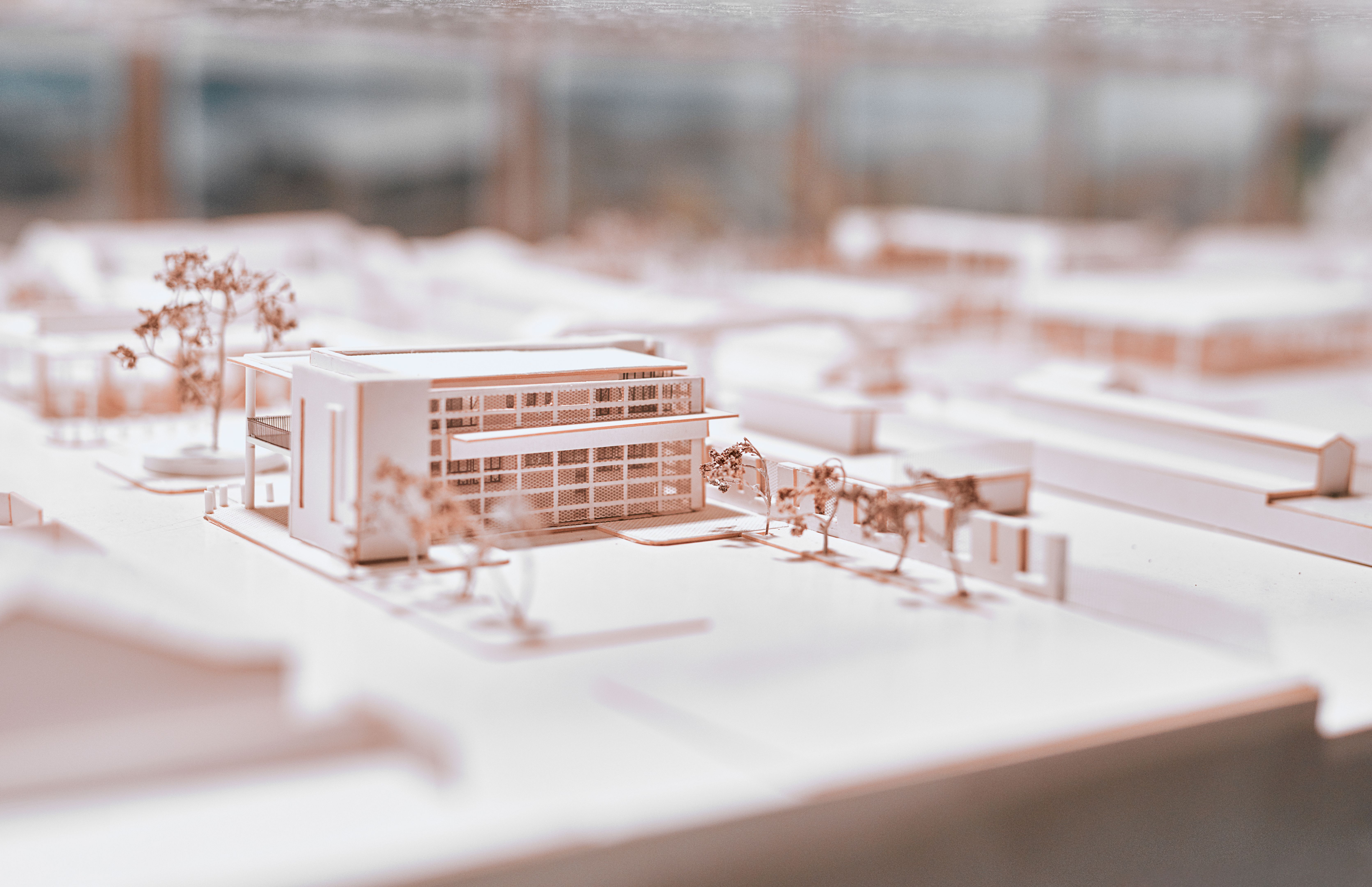
Virtual Reality and Augmented Reality
Enhancing Design with VR and AR
Virtual Reality (VR) and Augmented Reality (AR) are revolutionizing the way architects present their designs to clients. These immersive technologies allow clients to experience a virtual walkthrough of a space before it is built, providing a clearer understanding of the design's look and feel.
For architects, VR and AR tools enhance the design process by offering new perspectives and insights that may not be immediately apparent through traditional methods. This approach helps in making informed decisions early in the project, reducing the likelihood of costly modifications later.
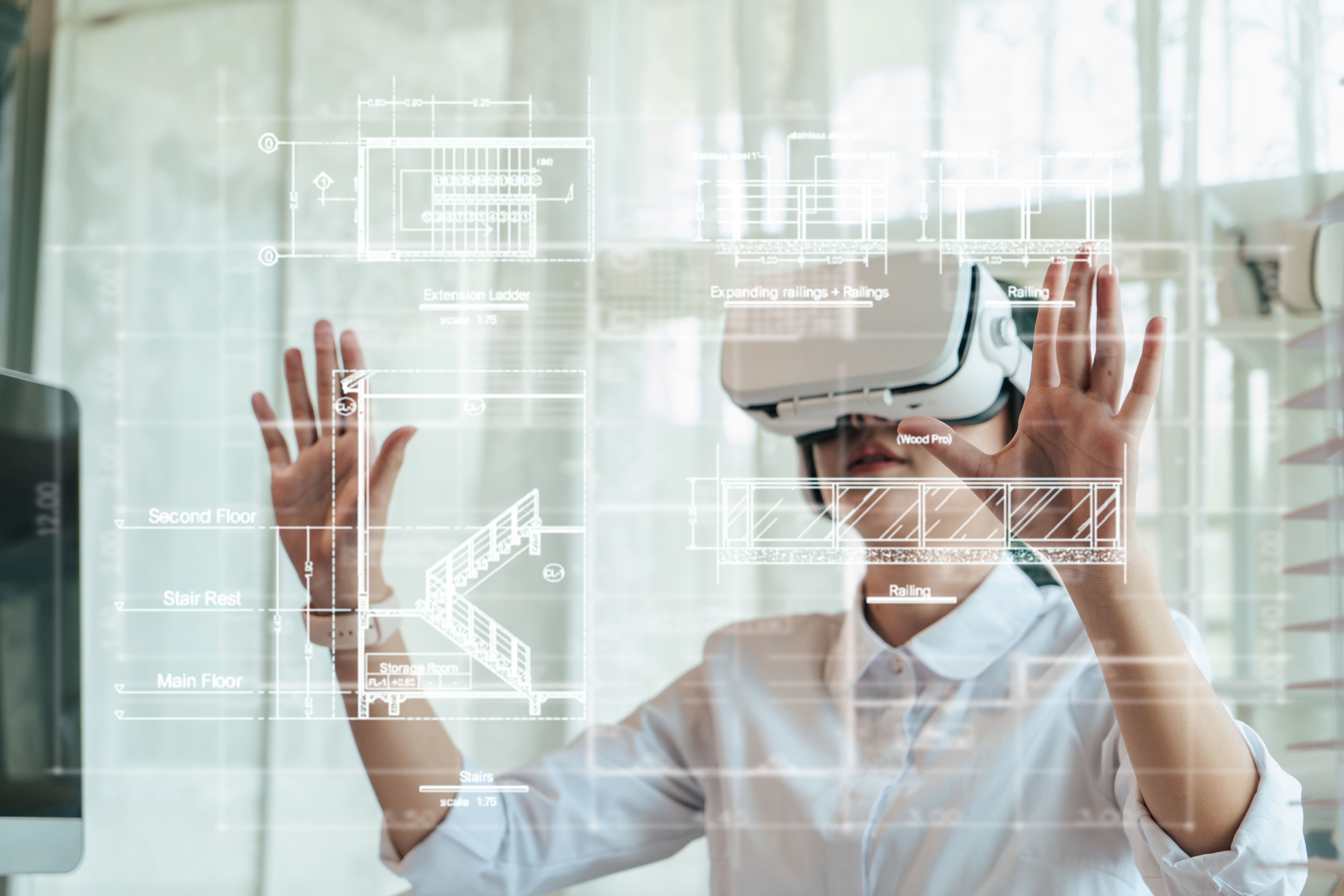
Sustainability Through Digital Design
Ecuador's architectural sector is increasingly focusing on sustainability, driven by global environmental concerns. Digital design services play a crucial role in promoting sustainable architecture by enabling architects to create energy-efficient designs that minimize environmental impact.
Through simulations and analysis, architects can model various scenarios to optimize the use of natural resources, such as sunlight and ventilation. This approach not only reduces energy consumption but also enhances the comfort and well-being of building occupants.
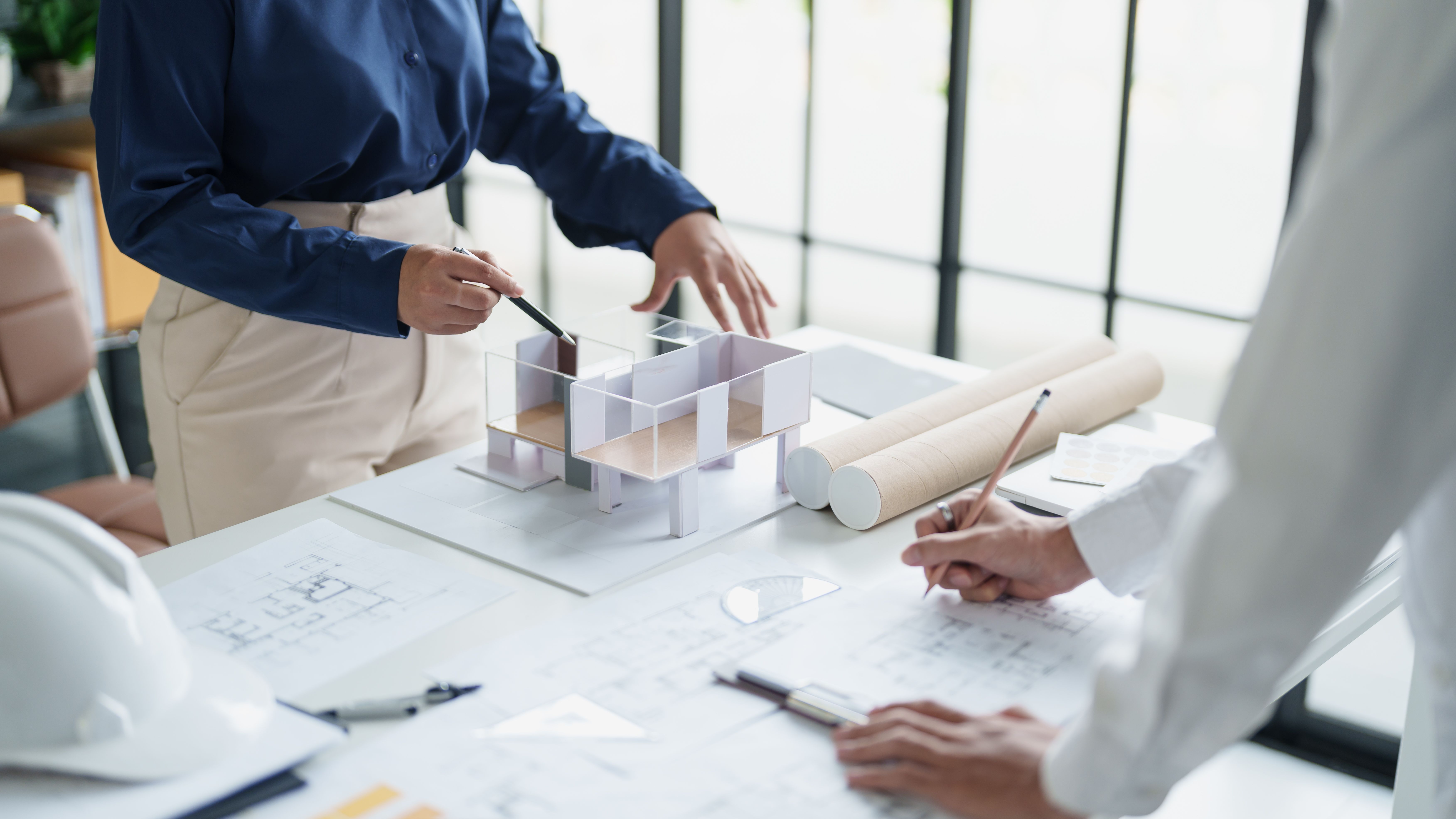
The Future Outlook
The future of architecture in Ecuador looks promising as digital design services continue to advance. With ongoing developments in technology, architects can expect even more sophisticated tools that will further push the boundaries of creativity and innovation.
The adoption of these technologies will likely continue to grow, driven by the increasing demand for efficient, sustainable, and visually striking designs. As Ecuador embraces these trends, the country is poised to become a leader in digital architecture within the region.
